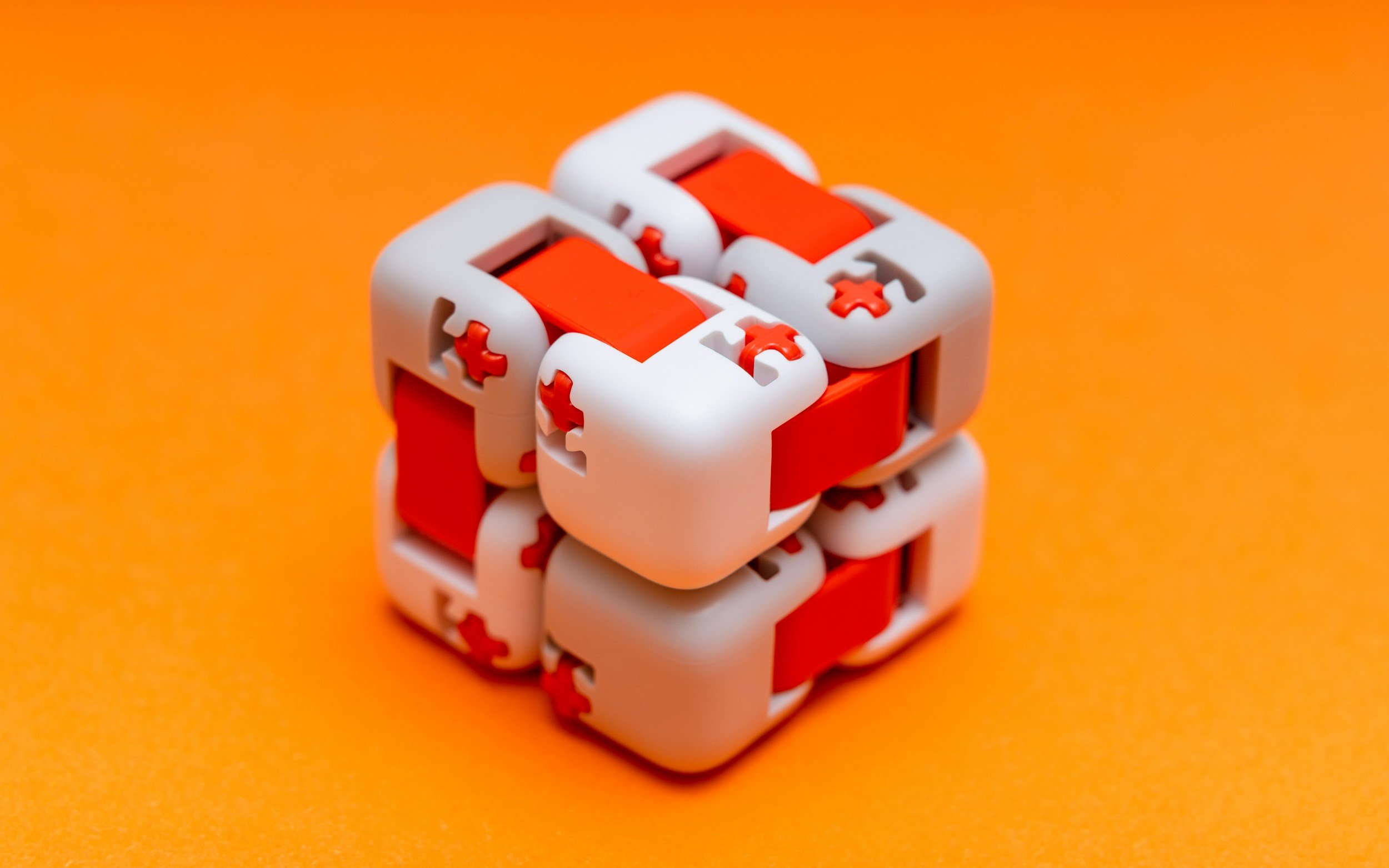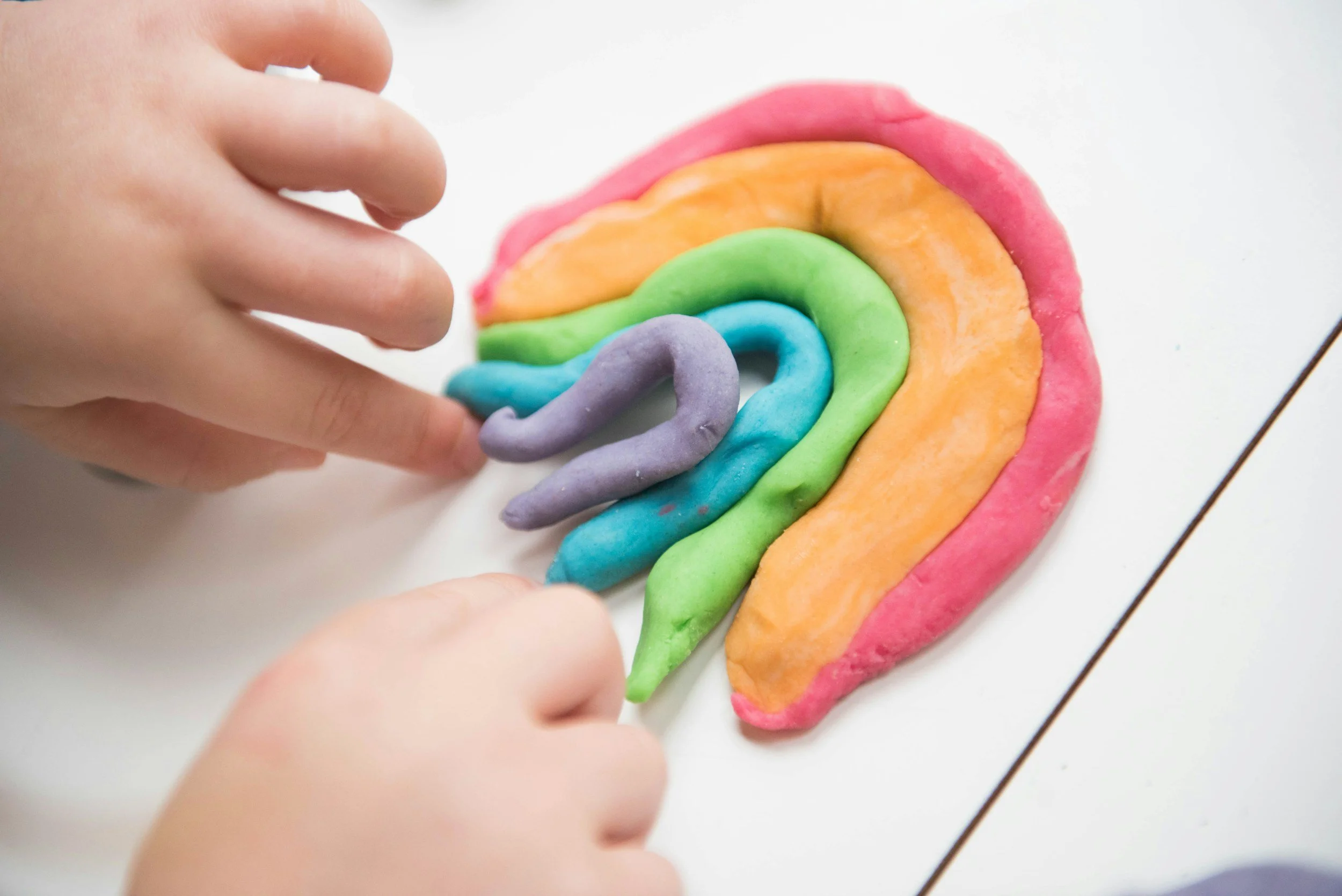Focus in Motion: How Fidget Toys Empower ADHD Management
For individuals with Attention Deficit/Hyperactivity Disorder (ADHD), maintaining focus, managing restlessness, and channeling energy can be significant challenges. Fidget toys have emerged as a simple yet effective tool for helping children and adults with ADHD improve concentration and self-regulation. At Haven Psychology Group, we often recommend strategies tailored to the unique needs of individuals with ADHD, and fidget toys are a popular choice for many. Let’s explore why these tools can be so beneficial.
What Are Fidget Toys?
Fidget toys are small objects designed to be manipulated with the hands. They come in various forms, including:
Fidget spinners
Stress balls
Pop-it toys
Fidget cubes
Chewable jewelry
Tactile objects like putty or slime
These toys are often simple, portable, and discreet, making them accessible tools for managing ADHD symptoms in a variety of settings.
The Connection Between Fidgeting and ADHD
For individuals with ADHD, fidgeting is not just a random behavior—it’s a way to stay engaged and focused. Research suggests that physical movement, such as fidgeting, can help stimulate the brain and support attention. By providing a controlled outlet for excess energy, fidget toys can reduce distractions and improve cognitive performance.
How Fidget Toys Help Kids and Adults with ADHD
1. Improves Focus
Fidget toys provide a sensory outlet that can help individuals channel restless energy. This allows the brain to focus better on tasks, whether it’s schoolwork, meetings, or daily responsibilities. For example, a student using a stress ball during class might find it easier to stay attentive and engaged.
2. Supports Self-Regulation
ADHD often involves challenges with self-regulation, leading to impulsive behaviors or difficulty managing emotions. Fidget toys offer a calming, repetitive action that can help regulate emotions and reduce anxiety or frustration.
3. Enhances Sensory Input
Many people with ADHD have heightened sensory needs. Fidget toys provide tactile, visual, or auditory stimulation that satisfies these needs, helping the individual feel more grounded and comfortable.
4. Encourages Mindfulness
Fidget toys can promote mindfulness by keeping the hands engaged in a soothing, repetitive activity. This can help individuals stay present and manage feelings of overwhelm.
5. Reduces Disruptive Behaviors
By providing a quiet and controlled way to release energy, fidget toys can reduce behaviors like tapping, squirming, or interrupting, which may otherwise disrupt a classroom or workplace environment.
Choosing the Right Fidget Toy
Not all fidget toys work for everyone, so it’s important to choose one that fits the individual’s needs and preferences. Here are some tips:
Consider Sensory Preferences: Some people prefer tactile toys like putty, while others enjoy spinning or clicking motions.
Focus on Discretion: For use in classrooms or workplaces, choose toys that are quiet and unobtrusive.
Prioritize Durability: Opt for high-quality materials that can withstand frequent use.
Experiment: Trying out different types of fidget toys can help determine which one is most effective.
Using Fidget Toys Effectively
To maximize the benefits of fidget toys, it’s essential to use them appropriately:
Set Clear Expectations: For children, discuss when and where fidget toys can be used (e.g., during classwork but not during group discussions).
Pair with Other Strategies: Fidget toys work best as part of a comprehensive ADHD management plan, including therapy, routines, and other coping strategies.
Monitor Impact: Pay attention to how the toy affects focus and behavior. Adjust or replace the toy if it becomes a distraction rather than a helpful tool.
Beyond ADHD: Broader Benefits of Fidget Toys
While fidget toys are particularly useful for individuals with ADHD, they can also benefit those with anxiety, autism, or sensory processing challenges. Additionally, many people without specific diagnoses find them helpful for stress relief and improved focus.
Ready to Find What Works for You?
At Haven Psychology Group, we work closely with children, teens, and adults to develop personalized strategies for managing ADHD and other challenges. Whether it’s incorporating fidget toys, teaching mindfulness techniques, or exploring other tools, we are here to support you on your journey to greater focus and well-being.
If you or your child are struggling with ADHD, fidget toys could be a helpful part of your toolkit. Contact Haven Psychology Group today to learn more about how we can help you create a personalized plan for success.









